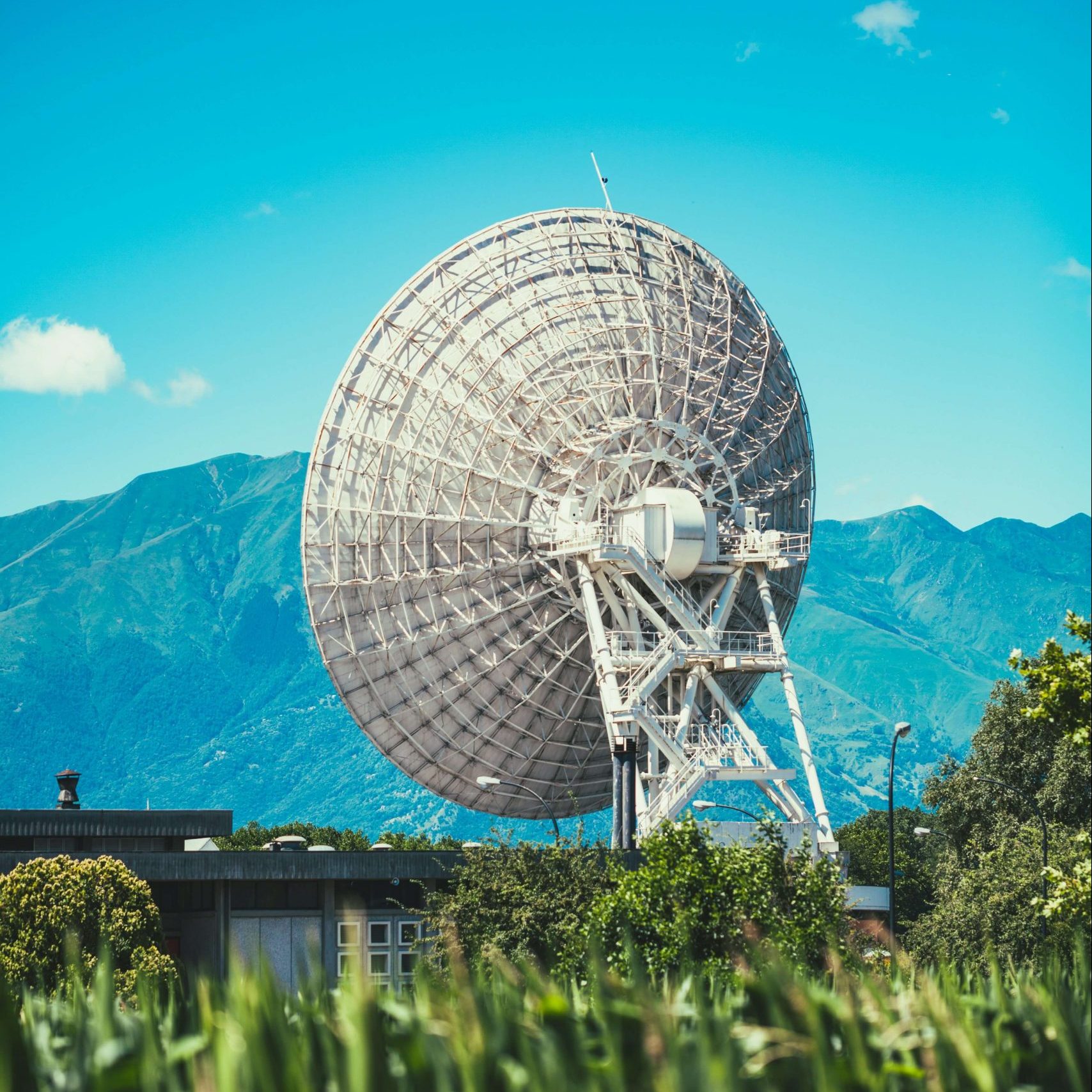
AI-generated summary
Space technology has long been integral to global communications, transmitting signals from telephones, radios, televisions, and increasingly data via satellites. While underwater cables primarily handle worldwide communication, satellites are crucial for reaching remote areas where terrestrial infrastructure is too costly or impractical to build. This enables connectivity in isolated regions that would otherwise remain cut off.
Historically, established telecommunications companies like AT&T pioneered satellite communications with the launch of Telstar 1. Today, new companies are entering the market, deploying satellite constellations to provide internet access not only to remote land areas but also to aircraft and maritime vessels. Decreasing costs of satellite manufacturing and launches are key enablers for this growth. As mobile device use, autonomous vehicles, and Internet of Things (IoT) devices increase, demand for data transmission is expected to surge, positioning communication as one of the largest sectors in the space industry in coming years.
Antonio Abad, Chief Technical and Operations Officer at HISPASAT, highlighted in a recent forum the fundamental role satellites play in connecting people who currently lack access to communication networks. This underscores the vital contribution of space technology in bridging the global digital divide and expanding connectivity worldwide.
The communication facilitated by the space industry will allow a global, less expensive and quality communication.
This is yet another field in which space technology has historically been leveraged. Signals from telephones, radios and televisions as well as, to an increasing extent, data signals are sent via satellite. Though these connections are made wirelessly, we must acknowledge that underwater cables that run across the world are chiefly responsible for these types of communication. However, space technology plays a key role in communication when remote parts of the world must be reached. It would be otherwise impossible to communicate with these regions due to the costs of building infrastructure on Earth.
Traditional telecommunications companies have always been active in this field, and, in fact, AT&T. launched the very first telecommunications satellite, the Telstar 1. There are a growing number of new companies that are willing to stake a claim in the market and launch their own satellite constellations to bring Internet access to remote regions as well as to aircraft or maritime vessels that would otherwise remain isolated. In this context within the space industry, the reduction in launch costs and satellite-construction costs are also two key factors that pave the way for new companies to enter the market.
The demand for data transmission is predicted to grow with the increase in usage of mobile devices, autonomous vehicles and devices that are connected to the Internet of Things. All signs lead to communication as one of the largest sector within the space industry in coming years.
Satellites will have a fundamental role in connecting ‘not connected’ people
Conference by Antonio Abad, Chief Technical and Operations Officer at HISPASAT, at the XXXI Future Trends Forum about the Commercialization of Space.
Antonio explains the important role of satellites in connecting the non-connected people.

Jefe Tecnico y de Operaciones en Hispasat
